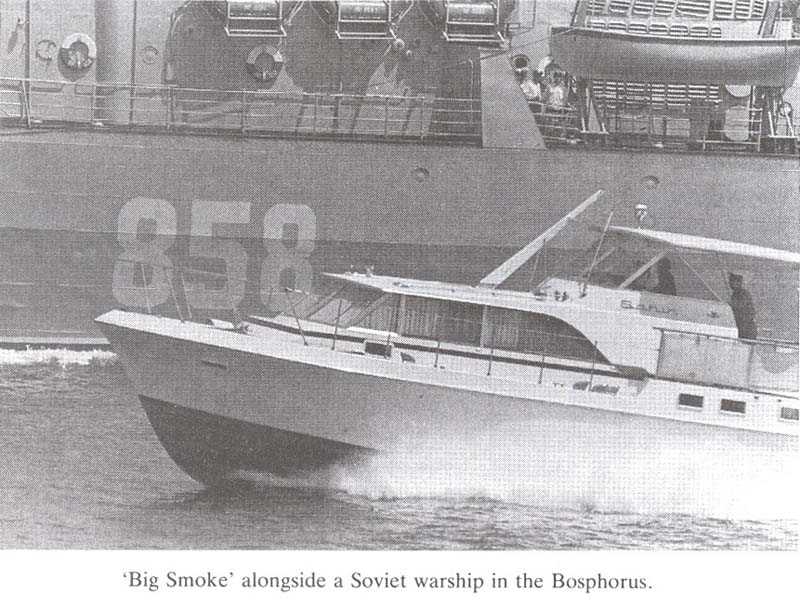Yigal Schleifer 6/25/09
Turkey seems to be searching for a proper response to the upheaval in Tehran. The Turkish public has greeted the crisis in Iran with a mix of indifference and confusion, while on the official side, Ankara is treading with extreme caution. Not wanting to possibly strain bilateral ties, Turkish officials are refraining from criticizing Iranian hardliners, or questioning the results of the country’s recent contested elections.
“Iran has confused Turks,” Cengiz Candar, a political analyst and columnist for the daily Radikal, recently wrote. “They don’t know how they could deal with the situation in Iran, how they should react, or read [the situation].”
The Turkish press has largely underplayed the story in Iran, for the most part offering scant coverage of what is taking place there. Some nationalist papers have accused those protesting the elections in Iran as being part of a Western plot to overthrow the Islamic Republic. A few outlets in Turkey’s Islamic press, meanwhile, have almost been dismissive of the protests in Iran, and the violent response to them. [For background see the Eurasia Insight archive].
At the same time, official statements coming out of Ankara have been cautious. “We must leave the discussion of the issue to the Iranians. We cannot intervene from the outside,” Turkish Foreign Minister Ahmet Davutoglu said in a recent interview with the German magazine Der Spiegel.
Turkey’s liberal Islamic Justice and Development Party (AKP) government has pursued a “zero problems with neighbors” foreign policy in recent years. As a result, contacts between Turkey and Iran have improved dramatically, with trade between the two countries last year reaching some $10 billion, up from $1 billion in 2000. Ankara and Tehran have also developed a certain degree of military cooperation in their mutual fight against Kurdish guerilla groups.
In a recent column titled “Turkey Opts for Ahmadinejad,” Barcin Yinanc, a foreign affairs columnist for the English-language Hurriyet Daily News, suggested that for the sake of Turkish-Iranian relations, Ankara prefers “Ahmadinejad at the head of the Iranian government.”
“Ahmadinejad is said to enjoy excellent relations with both President [Abdullah] Gul and Prime Minister [Recep Tayyip] Erdogan,” she wrote.
“In fact, he is known to be an admirer of Erdogan, especially of his style — perhaps even more so after Erdogan walked off the stage during a meeting in Davos at which he had a harsh exchange of words with Israeli President Shimon Peres,” Yinanc continued. “But personal issues aside, Turkish officials believe the two countries enjoyed good relations during Ahmadinejad’s first term in office.” [For background see the Eurasia Insight archive].
Erdogan and Gul were among the first leaders to congratulate Ahmadinejad, calling him a few days after his disputed landslide victory. [For background see the Eurasia Insight archive]. The quick congratulations offered by the Turkish leaders raised questions among Western and Middle Eastern diplomats about how closely the Turkish government had been paying attention to events in Iran, says Semih Idiz, an Ankara-based columnist with the daily Milliyet.
“I think [the Turkish leadership] underestimated what was going on in Iran, and that is pretty strange considering we have a foreign minister who is supposed to be an expert in the region,” he said.
Some analysts were especially surprised by some of the comments made by Davutoglu in his Spiegel interview, most notably when he said that “the emergence of very different interpretations of results after the election” in Iran should be taken “as a sign that the political process in Iran is very healthy.”
Mustafa Kibaroglu, a professor of international relations at Ankara’s Bilkent University and an expert on Turkey-Iran relations, disputed the notion that Ankara’s actions in the wake of the Iranian elections reflected a lack of awareness.
“I found it [the response] consistent with Turkey’s foreign policy behavior, in general, and AKP’s ’zero conflict’ foreign policy for the last six or seven years,” Kibarolglu said. “Turkey has always, at least on paper, promoted the principle that no country should interfere with another country’s affairs.”
At the same time, Kibaroglu says, Ankara does not want to alienate Tehran. “Turkey needs to sustain and build the trust that is has developed in Iran,” he says. “Turkey, especially with respect to Iran’s nuclear program, only has one option, and that is the diplomatic option. Turkey thinks it may have a significant role, at some point, not at mediation, but maybe facilitating [discussions] between Iran and others.”
He added that “Turkey still needs to be [seen as] an honest broker. If Turkey criticized the elections, it would raise serious questions in the minds of the Iranians if Turkey is still a friend.”
Still, some critics of the government’s actions say its current Iranian policy, as realistic as it may be, may come at a cost. “There is no point to needlessly offending the Iranian powers-that-be since the safest bet is that they will manage to nip the green revolution at its roots,” Andrew Finkel, a columnist for the English-language newspaper Today’s Zaman, recently wrote. “At the same time, for the Turkish government to engage in such naked power politics is not a good investment for the future.”
Editor’s Note: Editor’s Note: Yigal Schleifer is a freelance journalist based in Istanbul.
Posted June 25, 2009 © Eurasianet








